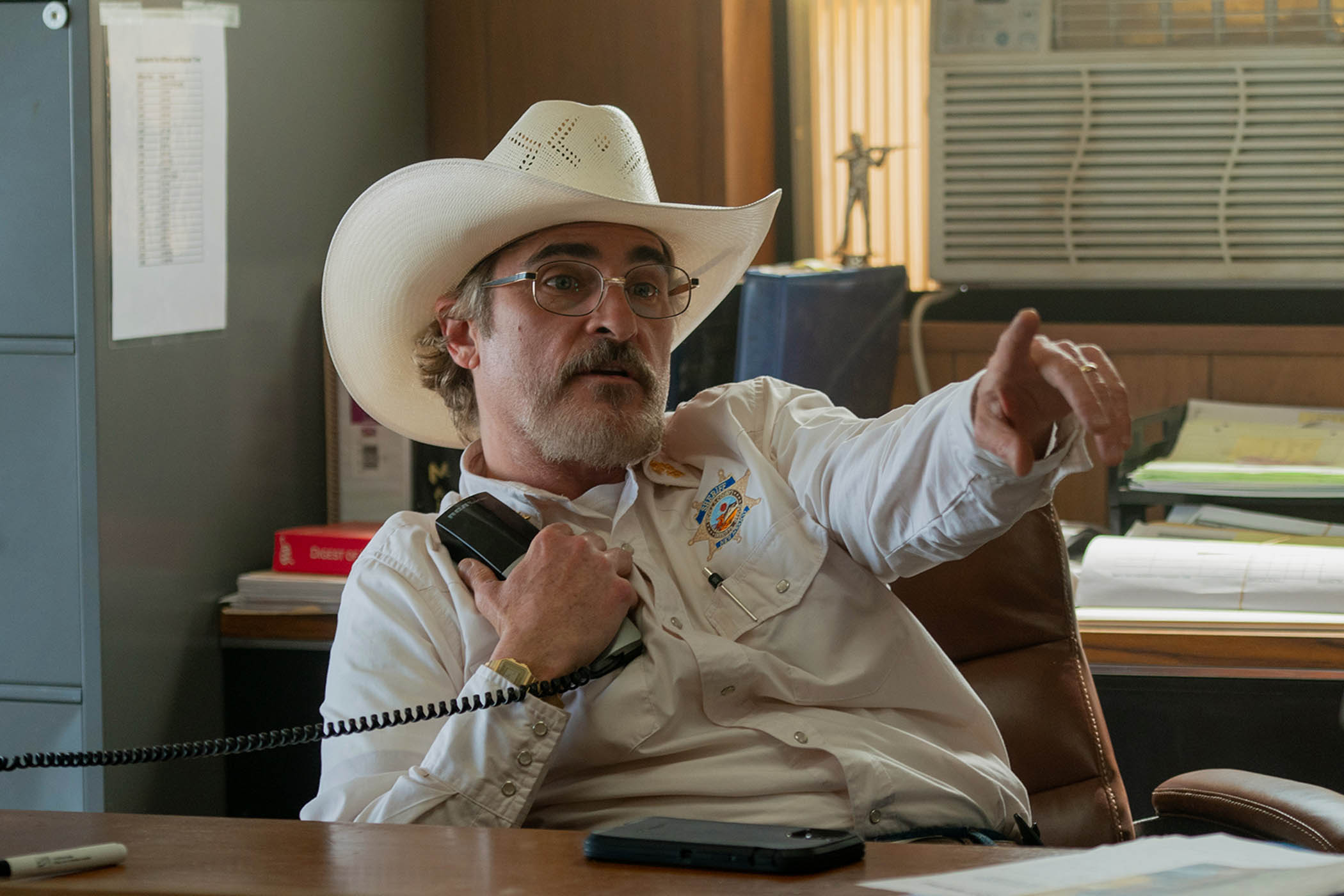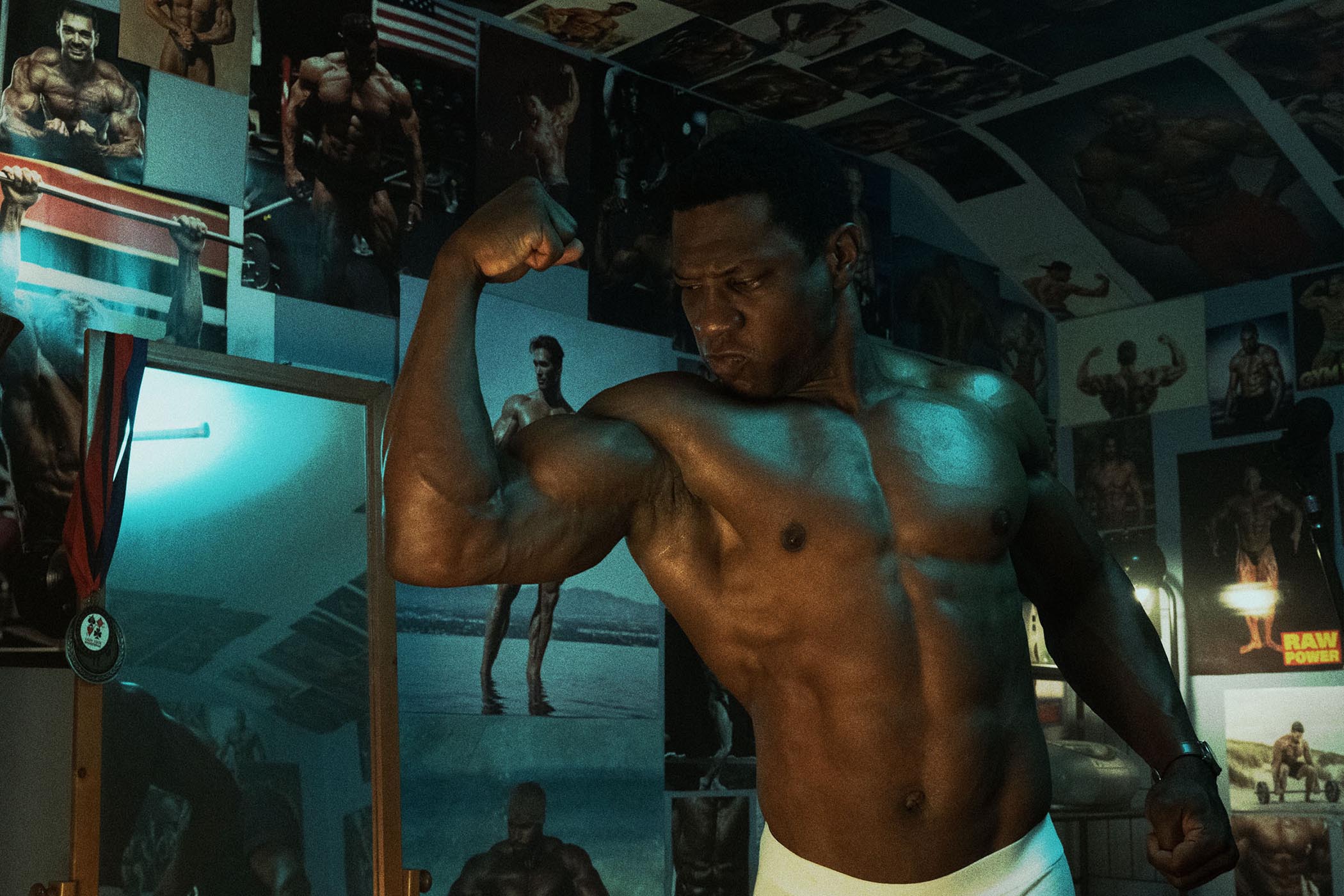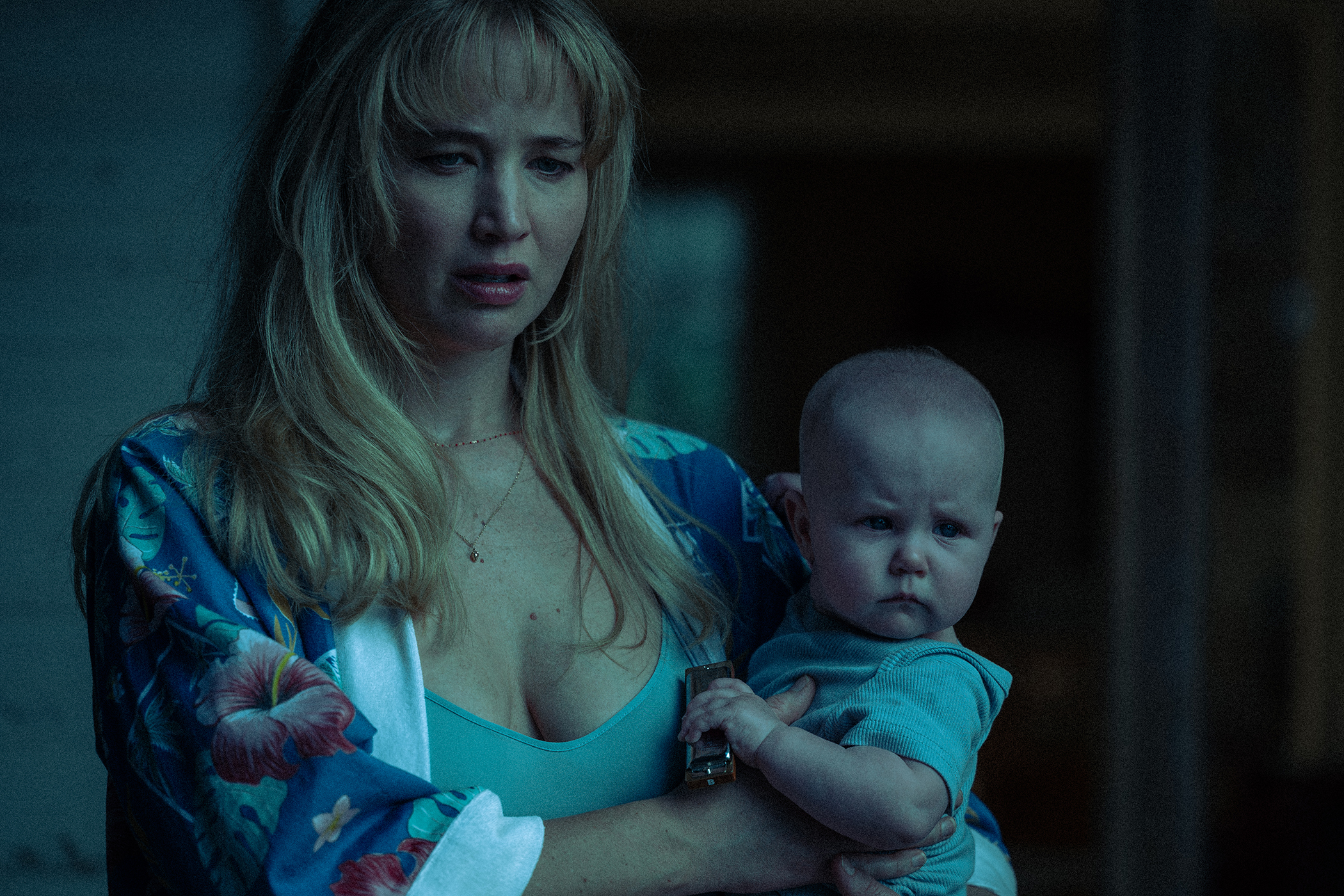“What did you like about it?” It’s a question every film critic fields from time to time, usually asked by a disgruntled viewer in an incredulous tone – or an outright resentful one if it’s our recommendation they took in the first place. I’ve heard it several times this year, from colleagues and casual filmgoers alike, regarding one film in particular: Eddington, Ari Aster’s spiky, sprawling, Covid-era neo-western about the US at its most bitterly divided, which has bitterly divided audiences in turn.
It hasn’t been an even split: Observer critic Wendy Ide seemingly spoke for the majority when she dismissed it as “a sour-spirited and self-indulgent parody”, and the film’s limp box office suggests similarly off-putting word of mouth.
And yet, Aster’s wilfully, appropriately messy vision of a country in political, moral and cultural freefall hasn’t really left my mind since I saw it at Cannes in May. And with the film hitting digital platforms this week, I’m hopeful that potential viewers who were daunted by it as a big-screen prospect may be inclined to take a chance on it at home. Impressive as its ravaged New Mexico vistas are (courtesy of legendary Seven cinematographer Darius Khondji), there’d be a certain poetry in audiences discovering it on smaller screens. Aster’s film, after all, has a wicked understanding of a population in thrall to smartphones, as its small-town action is buffeted by viral political movements and social media lynch mobs.
High on the list of things I like about it is a valiantly unlikeable lead performance: Joaquin Phoenix is canny, deadpan and hilariously wheezy as the gormless sheriff of a sleepy desert community jolted awake by every societal battle going in the year 2020, from mask discourse to Black Lives Matter protests. Dim, petty and easily offended, he’s absolutely not the man for the moment; naturally, he decides to run for mayor, and his fraught and floundering campaign plunges the town into yet more violent chaos.
As a study of the cacophonous social unravelling that ensues under vain and irresponsible leadership, I can’t imagine a crisper cinematic evocation of the Trump era, then and now. In the wake of the Charlie Kirk media circus, meanwhile, the film plays less like absurdist parody and more as dead-on portraiture of a population furiously, foamingly polarised by opportunistic and hyper-online commentators.
Even more so than Paul Thomas Anderson’s wonderful and far more beloved culture war satire One Battle After Another — with which Aster’s film would form a fitting if testing double bill — Eddington strikes me as the US film of the year: a powder keg and a time capsule reflective of a senseless moment in time. May its cultish second life begin now.
Photograph by Joe Cross for Mayor LLC
Newsletters
Choose the newsletters you want to receive
View more
For information about how The Observer protects your data, read our Privacy Policy



